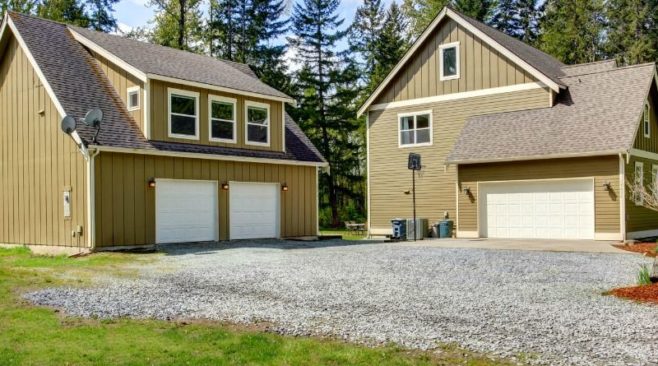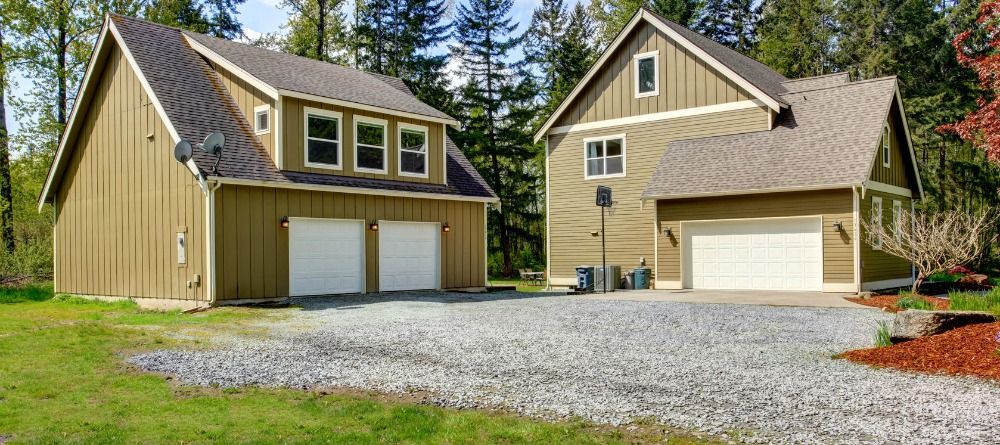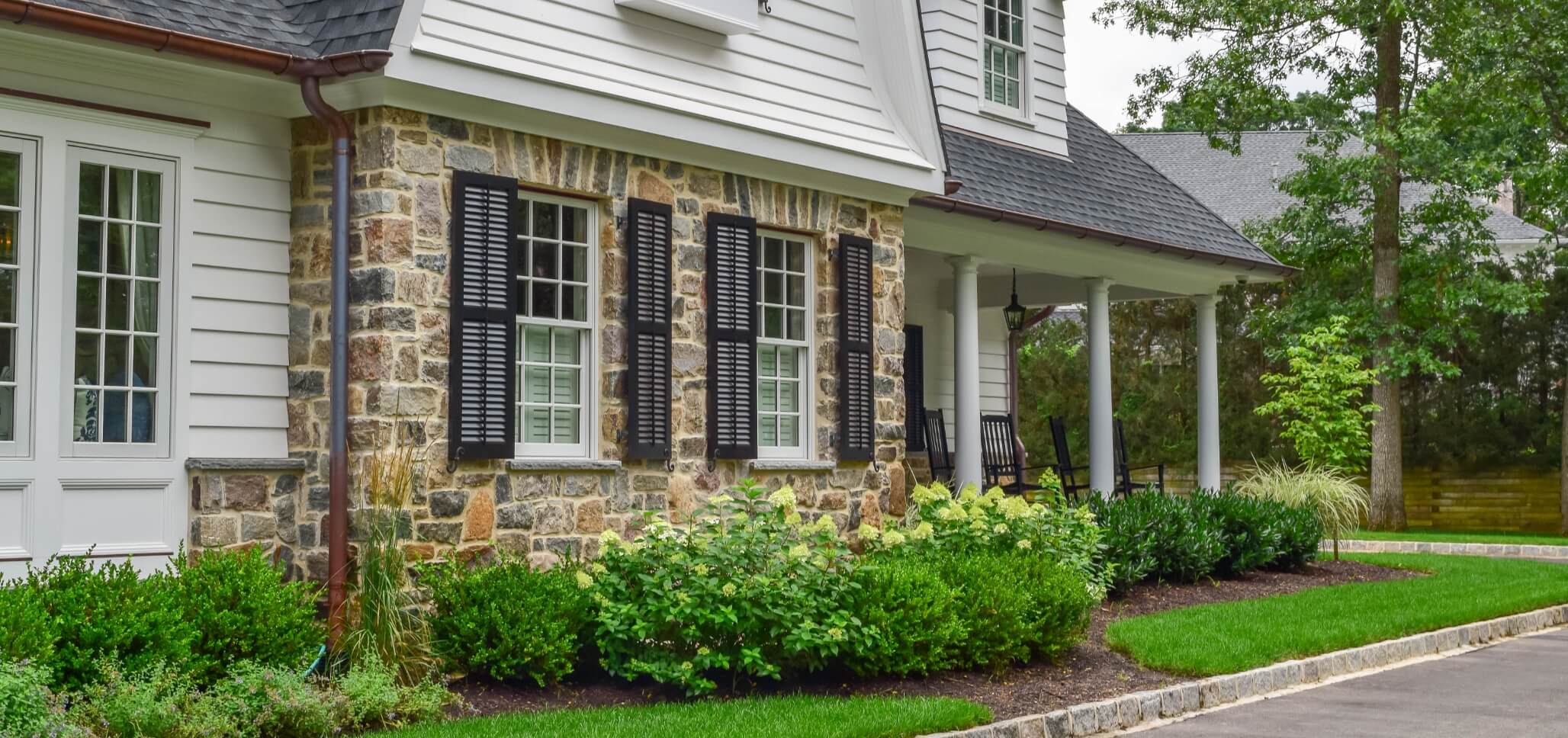Pea gravel is a very popular material, with a wide range of uses in both residential and commercial landscaping.
However, as you shop around, you’ll notice that pea gravel costs can vary considerably from one supplier to another, and you may be wondering about the factors that affect its price. The short answer is that quality, quantity and the nature of the supplier are the three main factors that drive pea gravel costs.
Consumers should make careful evaluations of each of these factors to choose the supplier that will best meet their needs for a price they can afford.
Pea Gravel Uses
First, it’s important to decide what type of pea gravel you want to use. To do that, you need to consider its application, and understand that different uses demand different varieties of pea gravel, some of which will cost more than others.
Value-grade pea gravel is best used for applications including:
- An alternative to mulch: pea gravel can be used in place of mulch in gardens and around landscape features.
- Patios: pea gravel can also be used to surface backyard patios.
- Aquariums and water features: you can also use pea gravel to form a base layer in aquariums and around home water features like outdoor fountains or pool decks.
Higher-quality pea gravel is recommended for:
- Driveways and walkways: because it can add a great deal of aesthetic value to your home, experts recommend using higher-quality pea gravel to finish driveways and walkways that are visible from the street outside of your home.
Factors Affecting Pea Gravel Costs
With your end application in mind, you can proceed to evaluate the pea gravel suppliers in your area by considering the three important factors mentioned above:
- Quality: Rocks are rocks, right? Well, not quite. Value-grade pea gravel is made up of untreated stone, and is recommended for applications where practicality of more important than aesthetics. Higher-grade pea gravel, which may be dyed or colored, is also made from raw materials of superior quality, and as such, it will come at a slight premium.
- Quantity: The more pea gravel you buy, the lower your per-unit cost will be. This is why it’s so important to accurately estimate the amount of pea gravel you’ll need. To calculate it, measure the surface area of the space you wish to cover, taking the desired depth of pea gravel into account. Be sure to leave a little extra so you can top up each spot as needed.
- The nature of the supplier: Companies that manufacture their own pea gravel are able to offer the end product to consumers at reduced costs, since they eliminate markups and middle men. As an added benefit, you can be sure that such suppliers will offer more expertise and be able to answer any questions you might have about the characteristics of the pea gravel and its suitability for particular applications.
How to Choose the Right Pea Gravel Supplier
Finding the right supplier means finding the best value, and value comes from a good balance of convenience, customer service, expertise and pea gravel costs. You won’t be in a good position if you buy from a bargain-basement supplier, only to find that they don’t offer bulk delivery or offer inferior products that don’t meet your expectations.
As mentioned, companies that make their own pea gravel are inherently in a better position to offer advice, and good advice can save you a great deal of money in the long run by adding value to your purchase.
If you’re buying in bulk and you require delivery, you should also determine whether or not the supplier offers this service, and if so, at what price. Be sure to ask about terms and conditions, including factors like delivery times, delivery areas and whether or not the supplier is willing to drop off the product at varying locations, if you require that type of service.
Finally, factor pea gravel costs into the equation. Is the supplier offering expertise, convenience, delivery service and a quality product at an affordable price? If so, congratulations – you’ve found a great pea gravel supplier!



